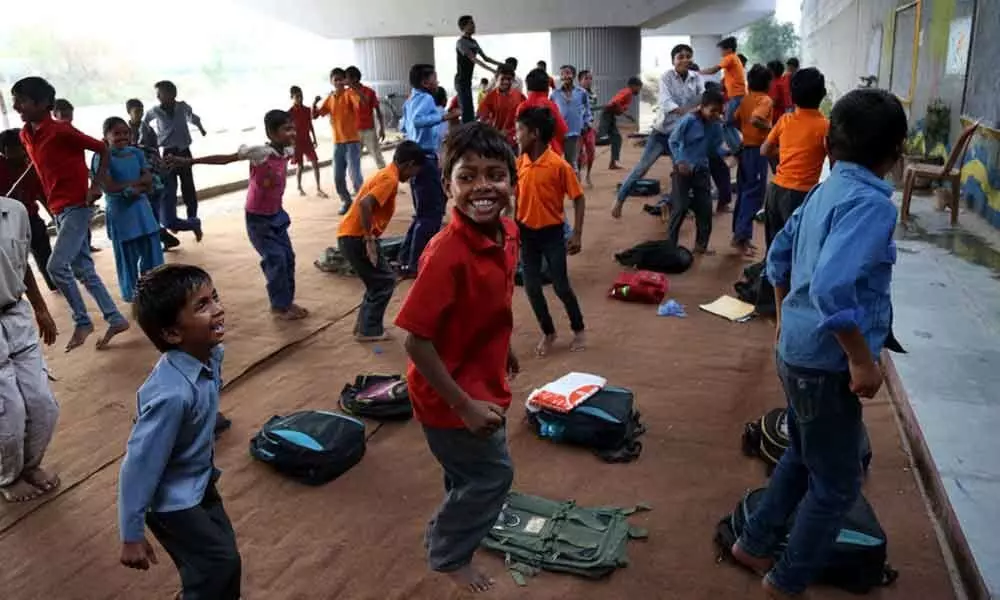Use books and language free of gender bias: NCERT

Breaking of gender stereotypes should begin at play school level itself to ensure children are not gender biased when they grow up, according to the National Council of Educational Research and Training (NCERT).
New Delhi: Breaking of gender stereotypes should begin at playschool level itself to ensure children are not gendered biased when they grow up, according to the National Council of Educational Research and Training (NCERT).
The council is an autonomous body under the HRD Ministry that assists and advises the Centre and state governments on policies and programmes that help in the qualitative betterment of school education. The "gender equality" recommendations has been made by NCERT in its new guidelines for pre-school education.
It has asked schools to ensure that teachers demonstrate equal and appropriate expectations from boys and girls by providing them equal attention, respect and equal opportunities. "The schools should select books, plays and other activities free of gender bias. Teachers should avoid language that limits one gender or another and use gender-neutral labels," a senior NCERT official said.
"Teachers should use stories, songs, activities and facilitation aids that depict girls and boys, including some with special needs in the same roles as men and women in all professions. Both women and men should appear as leaders, heroes and problem solvers," the official said. The council has also recommended schools that parents should be regularly sensitized to support these practices at home. "It is important to help them understand and stop discrimination," the official added.
The proposed curriculum will follow Developmentally Appropriate Practices (DAP) that are appropriate to their age, stage and context to promote children's optimal learning and development. The guidelines also have recommendations for play schools to ensure careful inclusion of children with disabilities through early intervention that minimises learning difficulties and accelerates child development. The child's progress should also be recorded through observations of their behaviour, their artwork and other creations, interaction with other children, and anecdotal records, among other things. The assessment should help the child learn new skills and focus on their strengths, the guidelines said.








